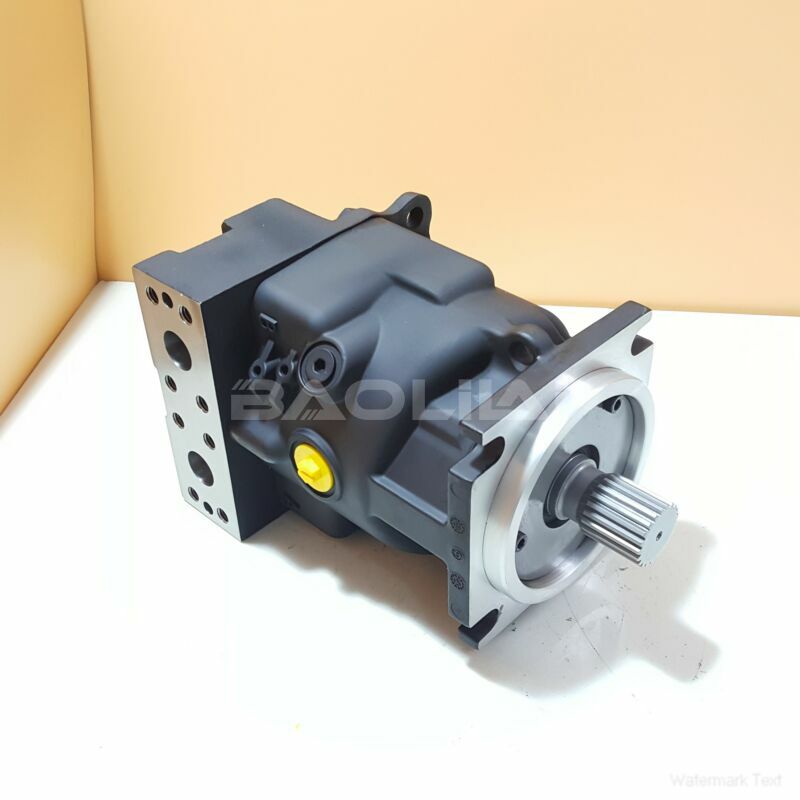90M100NC0N8N0F1W00NNN0000E6 sauer danfoss motor
90M100NC0N8N0F1W00NNN0000E6 sauer danfoss motor

- Product Details
- Applicable Scene
Fuel efficiency is a significant concern for vehicle owners, especially in today’s world where fuel prices are fluctuating and environmental awareness is on the rise. One of the primary factors influencing the fuel efficiency of piston engines is the driving habits of individuals. By examining various driving behaviors, we can better understand how they directly affect fuel consumption and engine performance.
90-M-100-NC-0-N-8-N-0-F1-W-00-NNN-00-00-E6
90M100NC0N8N0F1W00NNN0000E6
Accelerating rapidly and driving at high speeds are two common habits that drastically reduce fuel efficiency. When a driver accelerates quickly, the engine requires more fuel to achieve higher speeds in a shorter amount of time. This unnecessary fuel consumption not only diminishes the overall efficiency of the engine but can also result in increased wear and tear on the vehicle over time. On the other hand, maintaining a steady speed, especially at or near optimal speed limits, can lead to significant improvements in fuel economy.

9631090C
Another crucial aspect of driving habits is the frequency of hard braking. Sudden stops and rapid acceleration can lead to a cycle of energy loss, forcing the engine to work harder to regain speed. By practicing smoother driving techniques, such as progressive acceleration and gentle deceleration, drivers can enhance their fuel efficiency. This approach reduces the strain on the piston engine, allowing it to operate in a more efficient state.
Furthermore, idling has a negative impact on fuel efficiency. Many drivers leave their engines running while waiting, not realizing that they are consuming fuel without making any progress. Modern engines are designed to conserve fuel when turned off; thus, shutting off the engine during long waits can contribute to better fuel economy. The practice of turning off the engine at stoplights or when parked is an easy habit to adopt that can result in noticeable savings over time.





